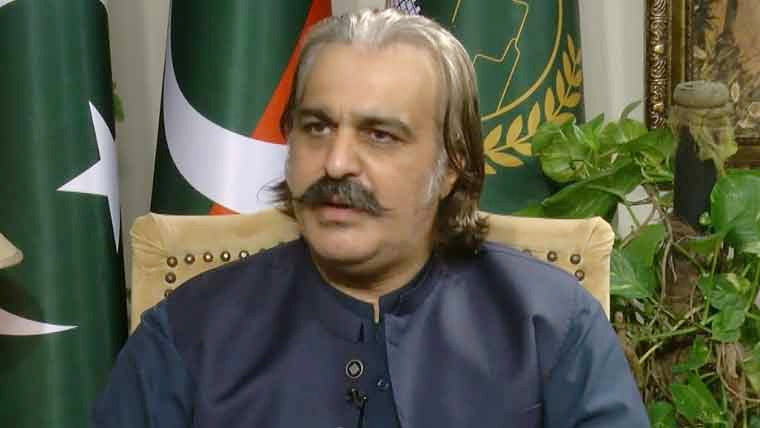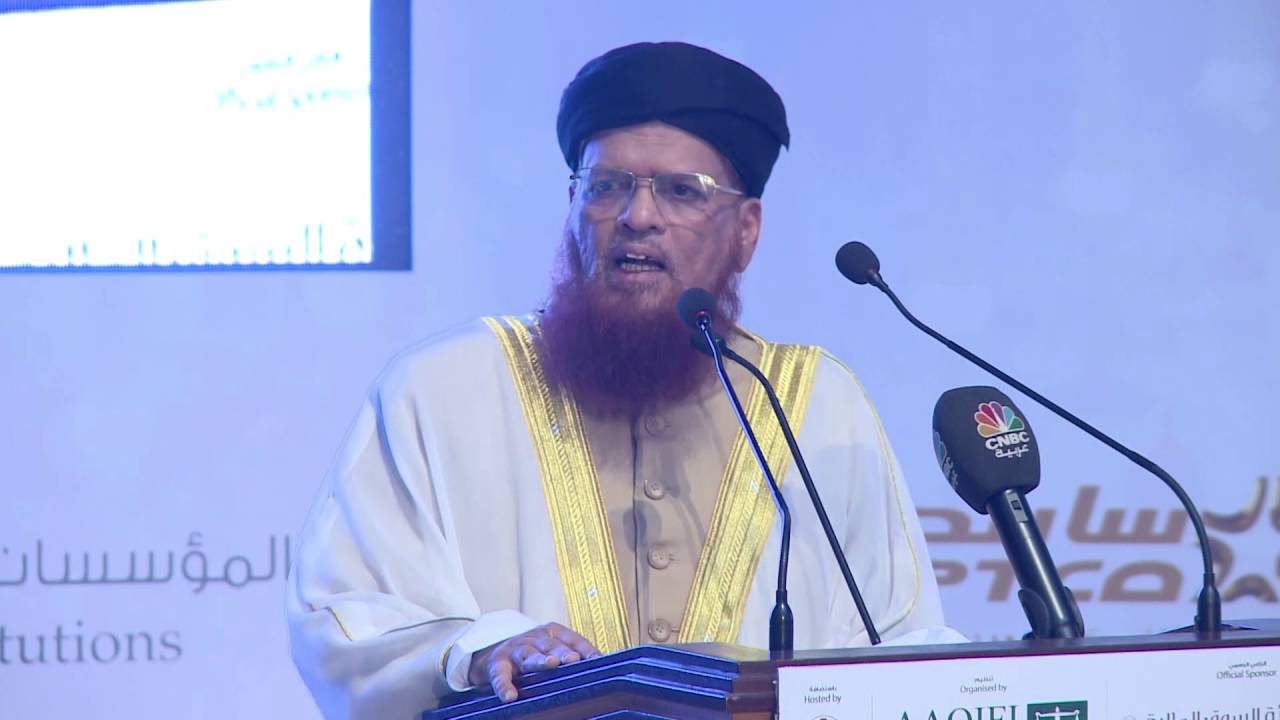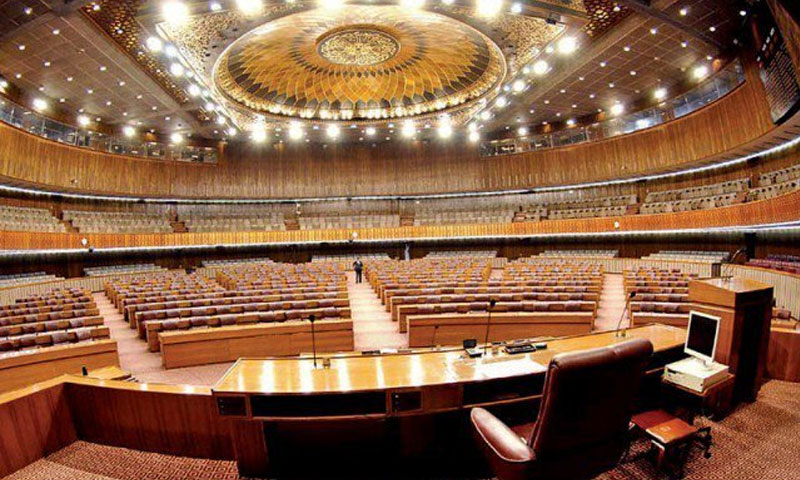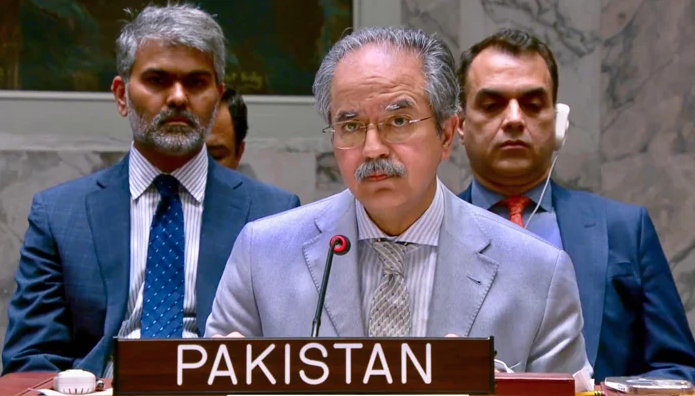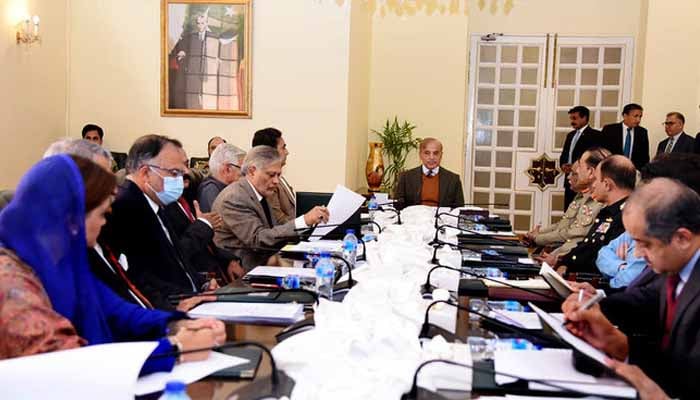POLITICS & POLICY MAKING
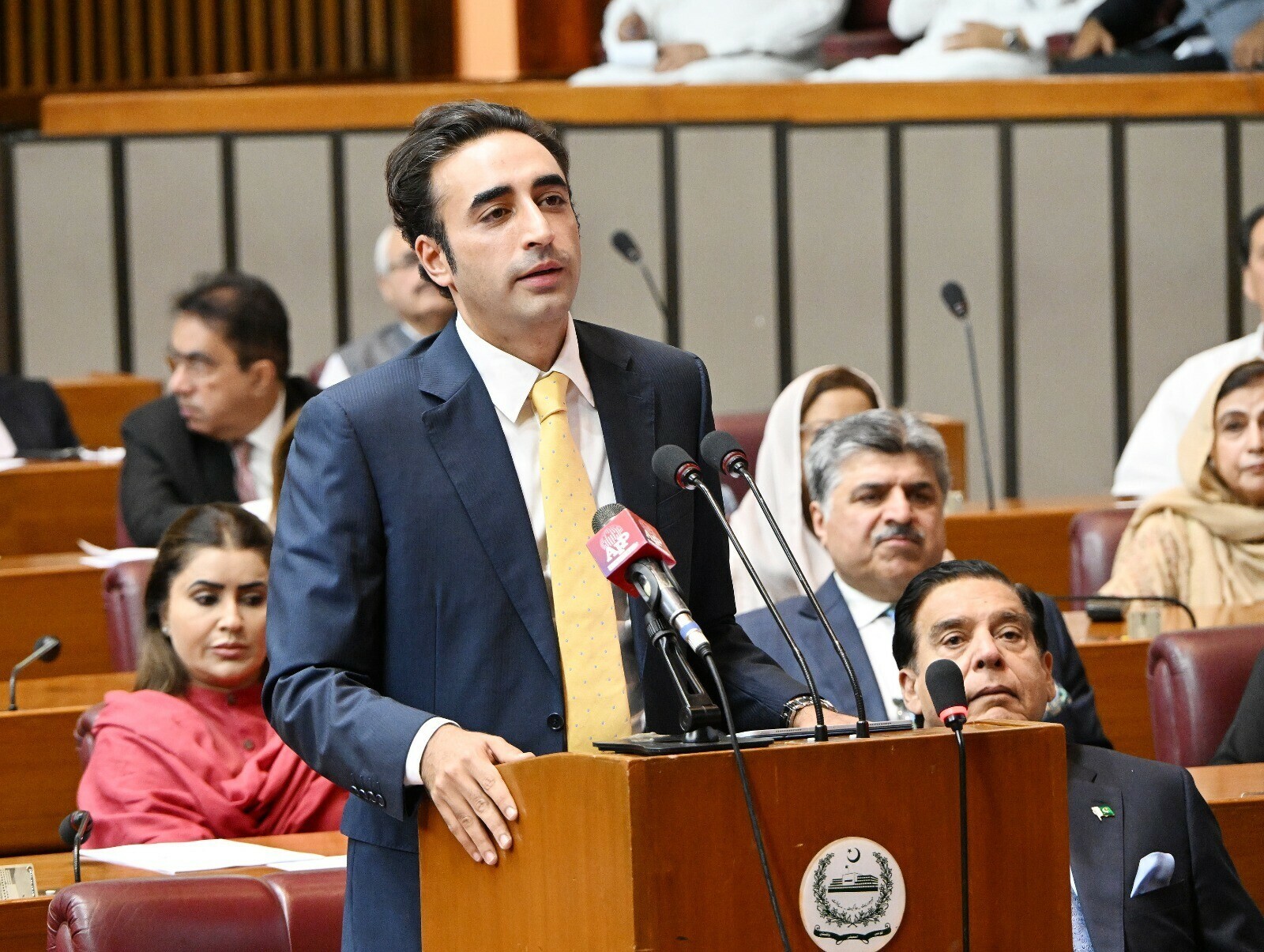
Former Foreign Minister and Pakistan Peoples Party (PPP) Chairman Bilawal Bhutto-Zardari on Monday issued a stern warning to India over its suspension of the Indus Waters Treaty (IWT) and voiced strong condemnation of US-Israeli strikes on Iran’s nuclear facilities, in a fiery speech delivered on the floor of the National Assembly.
🔸 India Must Respect Water Treaty or Face Consequences
Bilawal lashed out at New Delhi for its unilateral move to withdraw from the IWT, a landmark agreement signed in 1960 that governs the use of the Indus river system between India and Pakistan. The move followed an attack in Indian-occupied Kashmir that killed 26 civilians, which India blamed on Pakistan without evidence — a claim Islamabad has strongly denied.
“India has two options: either share water fairly or we will take water from all six rivers,” Bilawal warned. “The Indus Waters Treaty is not in abeyance. It is binding under international law and the UN Charter. Any threat to block water is an act of aggression.”
The PPP chairman stressed that such actions by India violate the principle of constitutional equality and could push the region into another conflict. “If India dares to follow through, we are ready to respond. We defeated them before, and we can again.”
He further accused India of “weaponising terrorism” to harm Pakistan’s global image. “India tried to push us back into the FATF grey list with false narratives. But thanks to the Foreign Office and prime minister’s leadership, they failed. Pakistan won; India lost.”
🔸 Condemnation of US-Israel Attacks on Iran
In the same session, Bilawal turned his attention to the escalating Middle East conflict, condemning recent US and Israeli attacks on Iran’s nuclear facilities. He called the strikes “a violation of international law and Iranian sovereignty.”
“These attacks weren’t on the battlefield—they targeted military leaders in their homes and scientists in their labs,” Bilawal said. “Yesterday’s attack by America on Iranian nuclear sites could have had devastating consequences for the entire region, especially Pakistan.”
He warned that the cycle of misinformation and military intervention—seen previously in Iraq, then Yemen and Lebanon—is now being repeated in Iran. “If we don’t speak now, who will speak when they come for us?” he asked.
Bilawal concluded with a call for diplomacy and dialogue, not war and escalation. “Peace between India and Pakistan, and in the wider region, is not possible without cooperation and mutual respect.”
His remarks come amid growing regional instability, including the suspension of the IWT, military escalations in the Middle East, and renewed questions about civil-military balance in South Asia.
